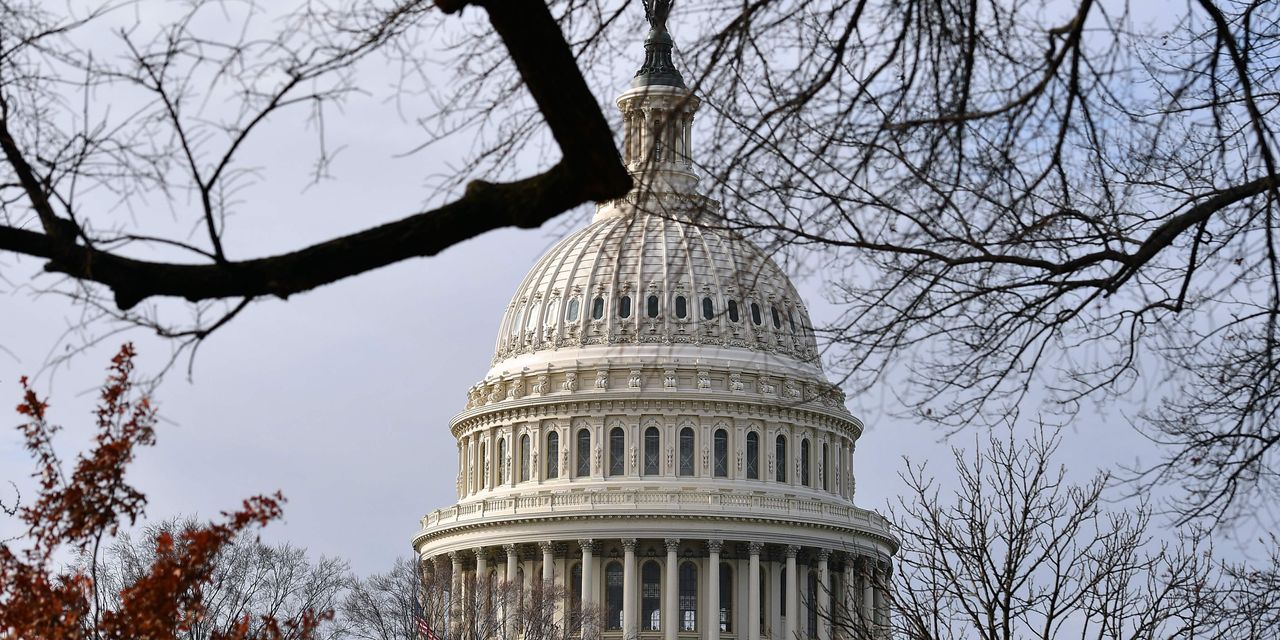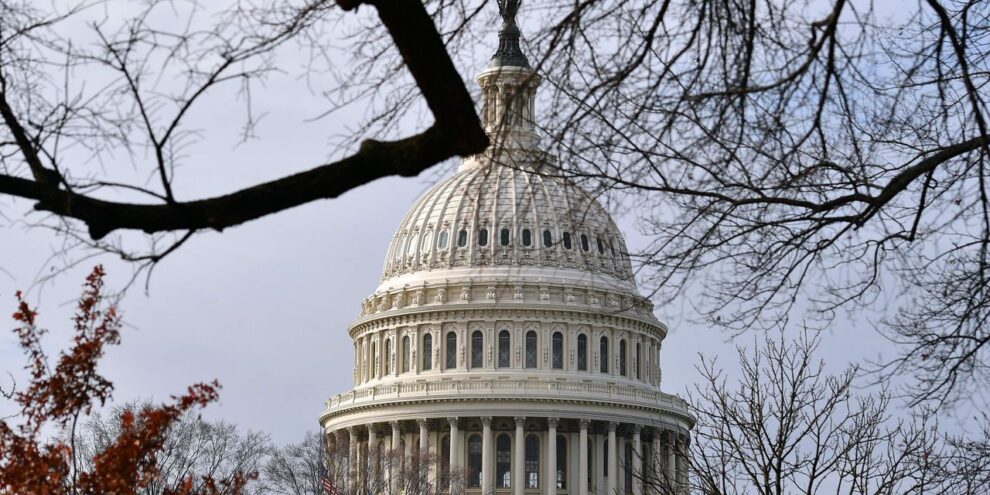
The numbers: The U.S. federal budget deficit increased sharply in January to $163 billion as Washington funneled more financial aid to families and unemployed workers to cushion the latest blow from the coronavirus pandemic.
The deficit increased last month from a $33 billion budget gap in the same month of 2020, the Treasury Department said Wednesday.
The budget gap in the first four months of the current fiscal year was 89% higher compared to a year earlier — $736 billion vs. $347 billion.
What happened: The federal government approved almost $1 billion in additional coronavirus relief payments at the end of December. Many families got $600 checks or money for rental assistance while benefits for the unemployed were increased.
Federal outlays, or spending, leaped by 23% to $547 billion from a year earlier. By contrast, the government spent $405 billion in the same month in January 2020.
Tax revenues rose 1% in January to $385 billion from $372 billion a year earlier. Tax receipts have mostly recovered from the pandemic, reflecting a resilient U.S. economy and the ability of private-sector companies to adjust.
Yet tax receipts rose year-on-year by almost 10% in January 2020, showing the economy still has a way to go to return to precrisis growth levels.
The U.S. government operates on an annual budget that runs from Oct 1. to Sept. 30 instead of using the calendar year. The deficit topped $3 trillion in the fiscal 2020, reflecting the largest shortfall as a percentage of gross domestic product since 1945.
Big picture: Historically large budget deficits aren’t going away anytime soon.
Adding to $900 billion in fresh federal aid approved in the waning days of the Trump administration, President Biden is working on a package of almost $2 trillion in additional stimulus. Democrats appear to have enough votes to pass the measure through the Senate.
The size of the deficit in fiscal 2021 will depend on the amount of aid that gets approved and how much is spent before the fiscal year runs out on Sept. 30.
The enormous gusher of federal spending, especially with the economy well on the way to recovery, is raising concerns among some Wall Street DJIA, +0.06% investors and economists about a sharp increase in inflation later this year or next. But so far there’s little sign of it.
Market reaction: The yield on the 10-year Treasury note TMUBMUSD10Y, 1.132% has been on the rise over worries about inflation and rising prospects for a stronger economic recovery as more Americans get vaccinated.






